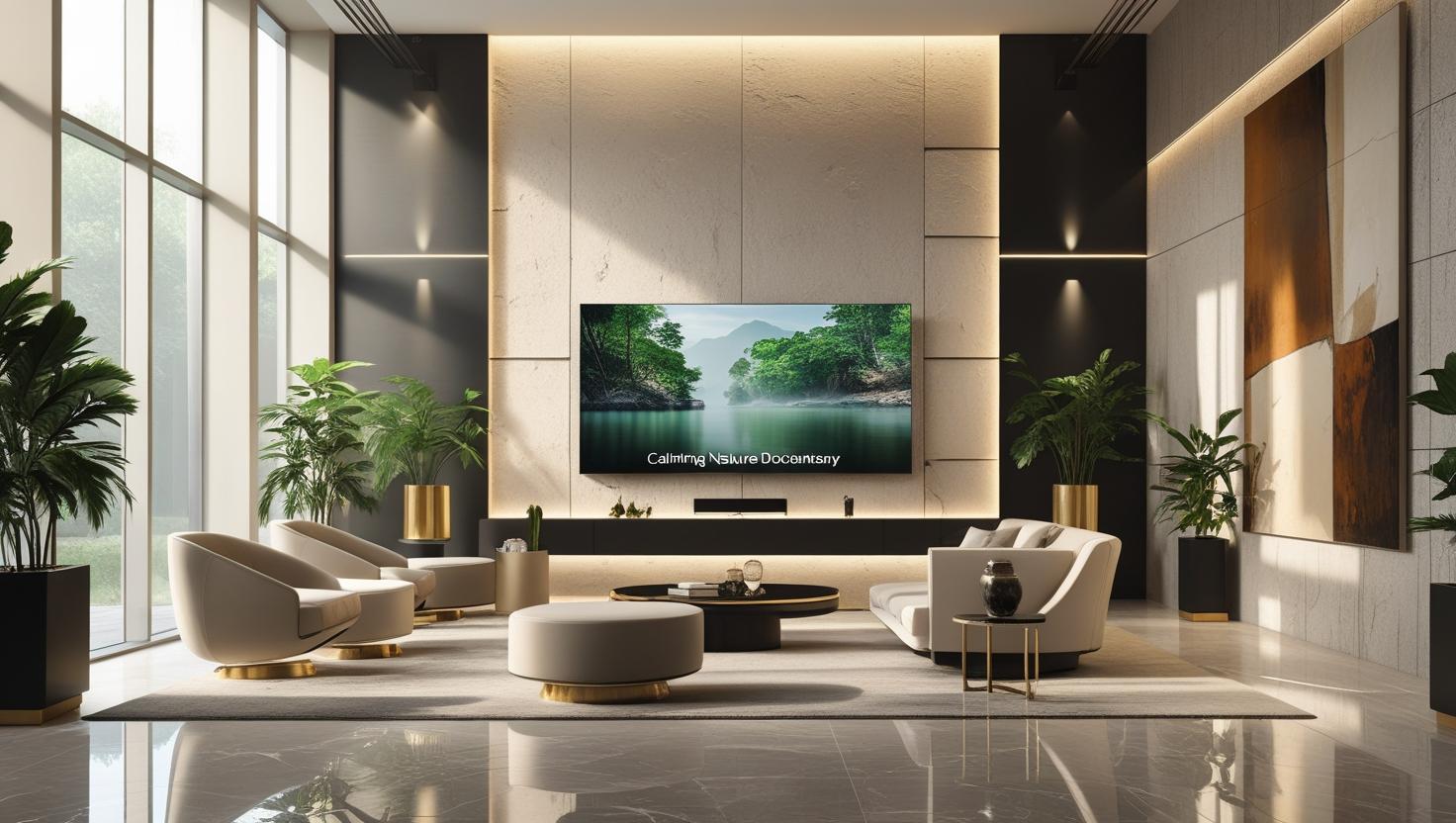
Digital Minimalism: Detoxing Your Mind In A Hyperconnected World
In today’s always-online culture, constant notifications, endless scrolling, and digital overload have become the norm. While technology offers convenience and connection, it also introduces a wave of stress, distraction, and mental fatigue. Enter digital minimalism—a mindful approach to technology that encourages intentional use over constant engagement.
This lifestyle isn’t about rejecting technology altogether. Instead, it’s about reclaiming control of your attention and using digital tools to serve your goals, not sabotage them. Let’s explore how digital minimalism can help you detox your mind and rediscover clarity in a hyperconnected world.
Understanding Digital Overload
From waking up to a buzzing phone to falling asleep next to a glowing screen, many people spend more time online than they realize. Studies show that excessive screen time is linked to anxiety, reduced focus, and even lower sleep quality. The nonstop influx of emails, messages, and content fragments your attention, making it hard to be fully present in the moment.
This realization alone is worth sharing in a well-crafted post on lifestyle or mental wellness blogs. By raising awareness of digital clutter, you can help others understand the importance of setting boundaries with their devices.
The Power Of Saying “No” To Digital Noise
One of the first steps in digital minimalism is auditing your digital habits. Ask yourself: What apps do I actually need? Which platforms add value—and which simply waste time? Start by removing unnecessary notifications and deleting apps that serve no clear purpose.
Instead of defaulting to screen time during breaks, explore analog alternatives like reading a book, journaling, or taking a walk. These small shifts can significantly reduce mental clutter and improve your mood.
Writers passionate about personal development or technology balance may find platforms that encourage them to write for us and share their own digital detox stories. Real-life insights are often more relatable than generic advice.
Reclaiming Focus Through Intentional Tech Use
Digital minimalism isn’t about abstinence—it’s about intention. That means using technology deliberately to support your work, creativity, or connections, rather than letting it control you. Try setting specific “online hours” each day, scheduling time for social media rather than browsing mindlessly, and incorporating tech-free zones in your home.
Turning off devices an hour before bed can also improve your sleep and reduce overstimulation. When you curate your digital consumption, you free up time and energy for deeper thinking and meaningful work.
These strategies can form the backbone of a thoughtful guest post service article targeting productivity blogs or mindfulness publications. Editors often look for actionable, research-backed advice with a personal touch.
Creating Digital Boundaries That Last
To maintain long-term digital well-being, it’s important to set and honor your own tech boundaries. Whether it’s a screen-free Sunday, a daily limit on app usage, or a rule to avoid work emails after hours, consistency is key.
You can also replace “filler time” (those moments when you reach for your phone out of boredom) with activities that restore your energy. Meditation, exercise, or face-to-face conversation can do wonders for your mental clarity.
If you manage a wellness or lifestyle website, publishing content that promotes these healthier digital habits can attract an audience eager for relief from screen-induced stress.
Conclusion: Mindful Use Over Mindless Consumption
Digital minimalism is not a one-size-fits-all solution—it’s a mindset shift. It challenges us to become more aware of how we interact with technology and to make changes that benefit our mental health and daily productivity. In a world that constantly demands our attention, choosing to disconnect—even for a short while—is a radical act of self-care. As more people seek healthier relationships with technology, content creators and bloggers have the opportunity to spread the message. Whether you’re planning to publish on your own platform or seeking to contribute through a guest post service, the topic of digital detox is not only timely—it’s essential. Take the first step, and inspire others to do the same.


